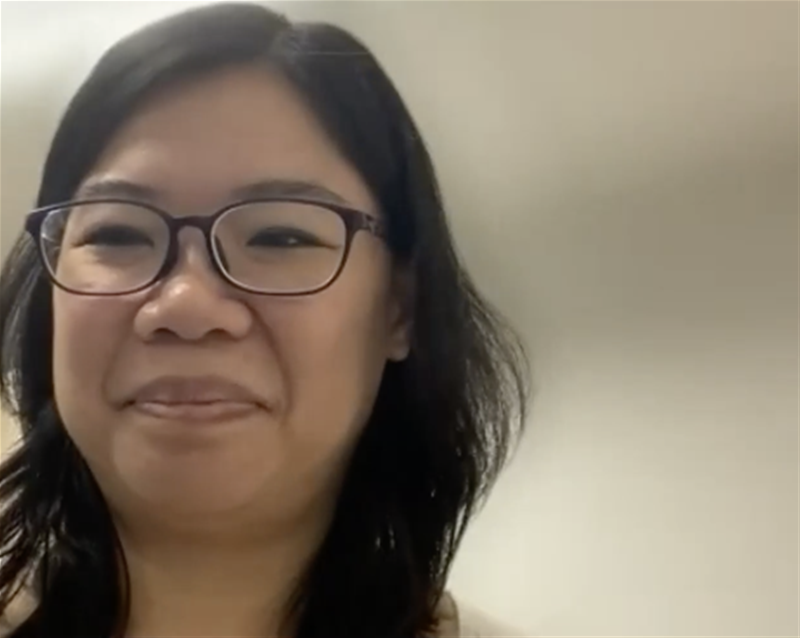Singapore is contemplating a whole-of-government data discoverability platform to create a searchable inventory of public sector data assets.
Weng Wanyi, the director of the Government Data Office that sits within the Smart Nation and Digital Government Office (SNDGO) centre-of-goverment agency, told EDM Council’s DataVision conference for APAC/India that the data discoverability platform is a key lesson from the city-state’s Covid response.
“What we discovered during Covid is that we needed to mobilise data very, very quickly, but then we realised that we didn't have a good view of all the data assets across the agencies,” Weng said.
“Now that we've passed the pandemic and we've taken a bit of time to think about what we did during Covid, we realised that we started collecting data that had already existed in some agencies, which means that we could have sped up spinning up some of the Covid responses that we had.”
The reinvention of data assets that already existed elsewhere in government, but were not searchable, has the Government Data Office looking for ways to avoid a repeat situation in the future.
“Right now, we're really looking at what we could have done better during the pandemic from a data perspective: what are the gaps, and then how do we - while Covid is still fresh in our minds, make a case for plugging those gaps,” Weng said.
Current thinking is that a “whole-of-government data discoverability platform” could be the solution, allowing centralised tracking “all our data assets across the government.”
It appears work on the platform is still at a relatively early stage, with Weng indicating the Government Data Office is “in the process of … thinking” about how to build it out.
She indicated that a data discoverability platform was favoured since it could be layered on top of existing data environments operated by the “100-odd” agencies in the Singapore government structure.
“We're looking at metadata software that can trawl for metadata and seamlessly plug it into the discovery platform,” Weng said.
Data sharing successes
Weng’s presentation also placed some metrics on the Government Data Architecture (GDA), a whole-of-government secure data sharing platform launched back in 2019 as a way to identify “single source of truth” datasets that sat in one agency but were used by multiple agencies, and to make those data assets easier to access.
Weng said the GDA so far contained 229 datasets from 40 agencies.
Designating agencies as a “single source of truth” had been beneficial in driving a broader uplift in data standards among these agencies, she said.
“Being designated a single source of truth comes with responsibilities of maintaining that core data that is needed by many other agencies,” Weng said.
“What we have found is that being designated as a single source of truth uplifts an agency’s capabilities because there are no longer just thinking about their own data and their own needs, but now that they have been designated as a single source of truth, they have to think about their data quality to fit many use cases outside of their agencies.
“So we’ve found this incredibly useful in nudging agencies to think beyond their own scope.”
The government has also standardised terms and conditions for sharing data between agencies.
Before the government [data] office, data sharing used to be very fragmented,” Weng said.
“Each agency decided on a different yardstick whether they would share their data, so we standardised that.”
Reflecting on the three years that GDA had been in place, Weng said the Government Data Office was “very proud” of improvements to the sharing of key datasets.
“Data sharing across agencies used to take anywhere between six to 13 months from the time the request is made to the time the requester receives the data,” she said.
“We have reduced that to less than seven working days, so 99 percent of all data requests are met in less than seven working days, and that's really because of the [Government] Data Architecture.”
iTnews Asia reported in July that a separate initiative, being driven by GovTech Singapore's Data Science and AI Division - DSAID - aims to help smaller agencies become more data-driven through the creation of a ‘data infrastructure in a box’ or DIAB.
The DIAB is intended to reuse some of the standards of the GDA but package them up in a way that makes data projects more accessible at a smaller scale.









